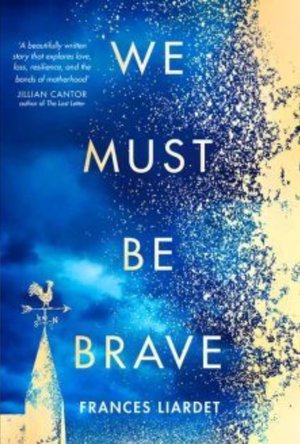
We Must Be Brave
Book
We can’t choose who we love. We can choose who we fight for. ‘This is storytelling at its...
Historical Fiction World War 2

The Seven or Eight Deaths of Stella Fortuna
Book
If Stella Fortuna means 'lucky star,' then life must have a funny sense of humour. Everybody in...
Historical Fiction Italy Trigger Warning
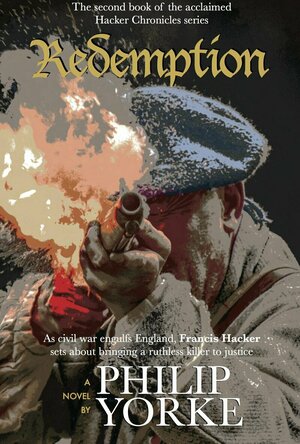
Redemption (The Hacker Chronicles #2)
Book
Saturday, the second day of July, in the year of our Lord, 1644, will be a day long remembered by...
Historical Fiction English Civil War

While Paris Slept
Book
Paris 1944 A young woman's future is torn away in a heartbeat. Herded on to a train bound for...
Historical fiction WW2 Paris California

Daughters of War
Book
France, 1944. Deep in the river valley of the Dordogne, in an old stone cottage on the edge of...
Historical fiction World War 2 France The Resistance

JULIA PRIMA (Roma Nova #8)
Book
“You should have trusted me. You should have given me a choice.” AD 370, Roman frontier...
Historical Fiction
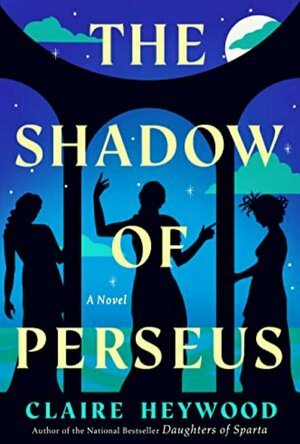
The Shadow of Perseus
Book
The myth of Perseus, told through the story of the three women who knew him best - his mother Danae,...
Mythology Historical fiction Retellings Greek Mythology Feminism
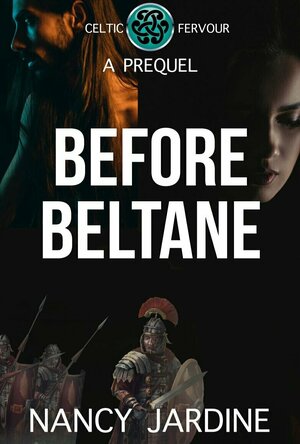
Before Beltane: A Prequel to the Celtic Fervour Series by Nancy Jardine
Book
Two lives. Two stories. One future. AD 71 Northern Britannia At the Islet of the Priestesses,...
Historical Fiction Roman Empire Ancient World
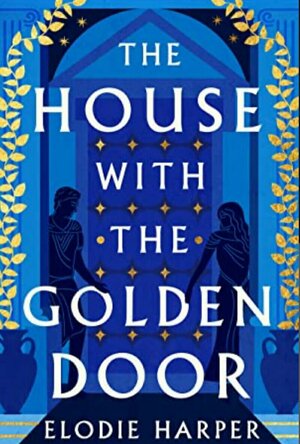
The House with the Golden Door
Book
Amara has escaped her life as a slave in Pompeii's most notorious brothel. She now has a house, fine...
Historical fiction Roman Empire Pompei Feminism
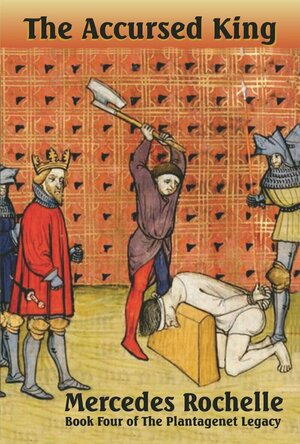
The Accursed King (The Plantagenet Legacy #4)
Book
What happens when a king loses his prowess? The day Henry IV could finally declare he had vanquished...
Historical Fiction Plantagenet Dynasty Henry V Henry IV